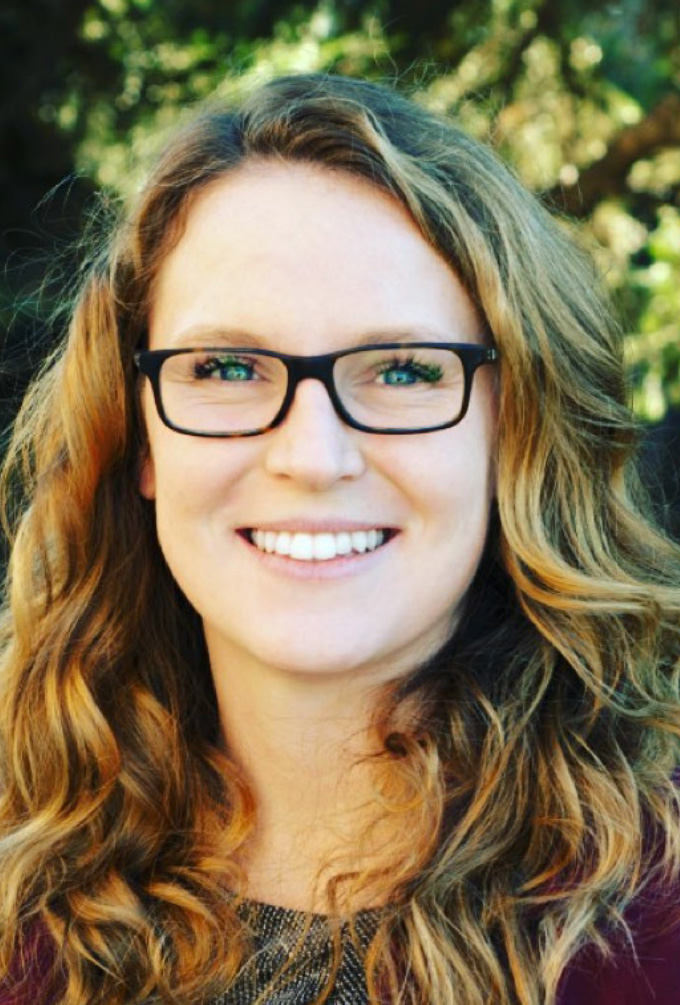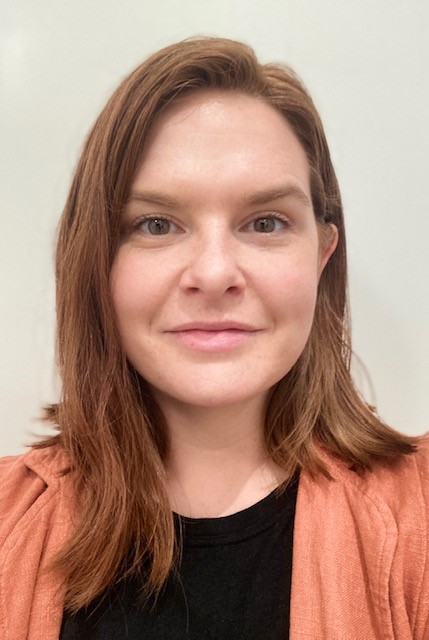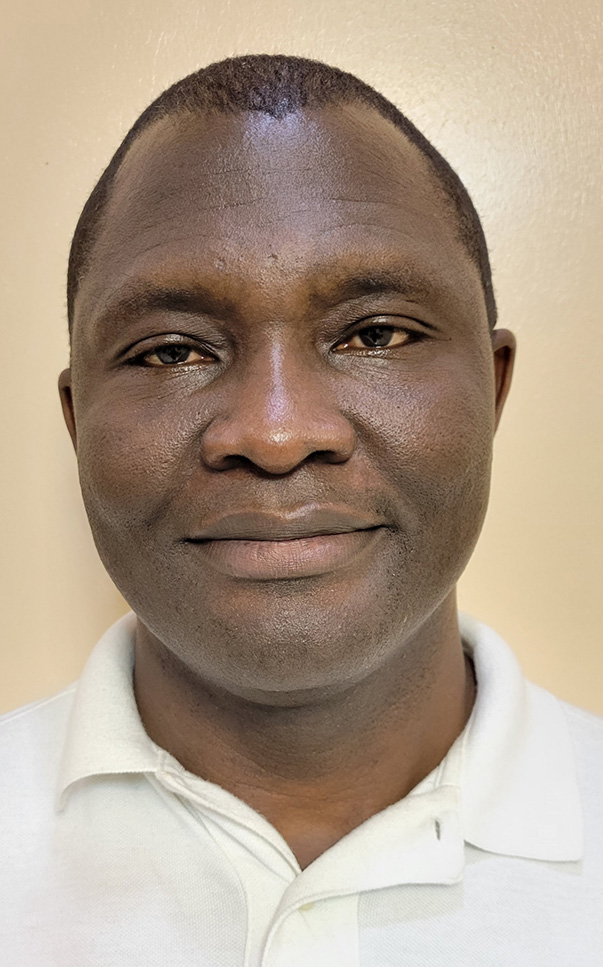For over five years, Saskatchewan’s health-care providers have been participating in the Clinical Quality Improvement Program (CQIP), which has provided a place for them to develop their knowledge of quality improvement (QI). Through quality improvement, physicians and clinicians can ensure they are providing the best quality possible care to their patients every time.
During the 10-month CQIP program, participants carry out their own quality improvement projects. They identify a problem in their work setting, then act as an improvement leader to coach, facilitate and teach quality improvement skills to their team.
CQIP cohort five’s capstone event
Participants’ learnings culminate in a capstone event, where they present what they learned in a 3.5-minute presentation – called a QIck Talk.
Twelve improvement leaders graduated from CQIP’s fifth cohort in June 2022. Click on their names below to learn more about their improvement projects in Saskatchewan’s health-care system.
CQIP cohort five graduates
Dr. Irini AbdelMallek – Family Physician, Saskatoon
Project Title: Enhancing Daily Intake of Vitamin D3 Among the Arabic-Speaking Population: A Family Practice/ Patient-Centered Approach
For her CQIP project, Dr. AbdelMallek looked at increasing the daily intake of vitamin D3 in Arabic-speaking patients. She and her team implemented a patient-led approach and designed questionnaires to identify the cause of the problem. This project focused on 100 patients using self-charting to increase their daily intake of vitamin D3. In conclusion, through education and tracking, vitamin D3 intake was increased.

“Change is doable, it just takes time. Quality improvement can make change happen.”
Dr. Irini AbdelMallek
Nicole Bootsman – CPSS Pharmacist Manager, Saskatoon
Project Title: Reducing Post-Operative Orthopedic Opioid Prescribing for Patients who are Opioid-naive
Nicole’s project aimed to reduce the number of opioids prescribed to opioid-naive patients after surgery. After orthopedic surgeons were surveyed, it became clear that many of them had not received enough education about how to prescribe opioids properly. This led to the implementation of educational presentations by a local addiction medicine physician, followed by an analysis to measure changes in prescribing.

“It is essential to engage with those who will be implementing the changes to ensure positive change.”
Nicole Bootsman
Dr. Matthew Bradshaw – Pediatric Critical Care, Saskatoon
Project Title: Improving Access to Pediatric Organ Donation
For his CQIP project, Dr. Bradshaw looked at improving access to pediatric organ donation. Often, families are not referred to the organ donator program when their child could be an eligible candidate. Through his project, Dr. Bradshaw created a screening tool to standardize the identification and referral of potential pediatric organ donors.

“If you want to see change happen, start small, build as you go, and learn from each experience.”
Dr. Matthew Bradshaw
Dr. Erin Cuddington – Hospitalist and Area Davidson Lead, Regina
Project Title: Asymptomatic Bacteriuria: A look at how antimicrobials are discussed at SIBR
Dr. Cuddington’s CQIP project looked at ways to reduce the treatment of asymptomatic bacteriuria in Regina’s Pasqua Hospital. Her team created a way to standardize the process when bedside rounds are being made. The preliminary result showed that rounds happen consistently and that all patients who were on antibiotics for a urinary tract infection had them addressed for assessment at SIBR.

“Provide results and feedback to the people who are implementing the change so that they are invested in making the change.”
Dr. Erin Cuddington
Dr. Kayla Flood – Pediatric Nephrologist, Saskatoon
Project Title: Increasing Pneumococcal-23 valent vaccination among pediatric patients with Nephrotic syndrome
Dr. Flood’s CQIP project looked at ways to increase Pneumococcal-23 valent vaccination among pediatric patients with Nephrotic syndrome. Her team implemented a standardized operating procedure and clinical order set to help standardize care and increase vaccine administration. Dr. Flood will continue to study the results and use them to guide further PDSA cycles.

“Quality improvement takes flexibility and teamwork.”
Dr. Kayla Flood
Kirsten Fox – Clinical Support Pharmacist, Regina
Project Title: Implementing Electric Handoff in Home-IV Patients Receiving Vancomycin
For her CQIP project, Kirsten looked at implementing electric handoff for home-IV patients receiving vancomycin. Unfortunately, poor transitions of care have been related to inadequate communication between care providers, which may result in adverse events for the patient. Through her project, Kirsten implemented standardized pharmacist documentation in patients’ electronic medical records.

“There is a change in mindset in quality improvement. Instead of leading with a solution, lead with the problem.”
Kirsten Fox
Dr. Kali Gartner – Family Physician, Saskatoon
Project Title: Improving Care for People with Opioid Use Disorder in a Primary Care Clinic
For her CQIP project, Dr. Gartner looked at improving care for people with opioid use disorder in a primary care clinic. Dr. Gartner established that missed OAT appointments lead to counsellors losing valuable time they could be spending with patients. She then created a standardized process for missed appointments, followed by a PDSA cycle to monitor the results of the new process.

“Quality improvement gave my team a chance to look at the bigger picture and move change forward.”
Dr. Kali Gartner
Dr. Rajan Govender – Family Physician and Area Division Lead, Maple Creek
Project Title: Implementing a Diabetes-Related Distress (DRD) Screening tool in Maple Creek Primary Health Clinic
Dr. Govender’s project looked at implementing a diabetes-related distress screening tool at Maple Creek’s primary health clinic. His team used two different questionnaires to screen patients for DRD. The questionnaires give insight into the patient’s difficulty in diabetes management and the negative emotions associated with living with diabetes (emotional burden, regimen-related distress, interpersonal distress). Patients who are showing signs of distress will be referred to support services.

“Expect challenges when making changes. Quality improvement requires you to motivate people and build teams.”
Dr. Rajan Govender
Dr. Olabode Ige – Family Physician and Family Physician Lead, Melfort
Project Title: Improving handover process in Melfort Hospital ward For his CQIP project, Dr. Ige looked at improving the handover in the Melfort Hospital ward. The project aims to improve the patient handover process and reduce medical errors by 10% percent in the Melfort Hospital admission ward by June 30, 2022. The root cause analysis was done by his team using the five why’s, the fishbone diagram and the system flow. After this analysis, Dr. Ige decided to use the handover document for the handover process

“When starting quality improvement, start with something that is within your control and be adaptable.”
Dr. Olabode Ige
Dr. Sarah Liskowich – Family Physician and Hospitalist, Regina
Project Title: Improving Communication in Transitions of Care to Minimize Medication Errors and Diversion
Dr. Liskowich’s CQIP project focused on improving communication in the transition of care to minimize medication errors and diversion. Currently, outpatient pharmacies are not routinely notified when patients are admitted to the hospital. By developing and implementing an outpatient pharmacy notification tool on admission to accountable care hospital wards, Dr. Liskowich and her team implemented to incorporate several of the key elements and explored whether this resulted in fewer medication errors and minimization of inappropriate dispensing in the community.

“Creating a standardized process is key for quality improvement and moving change forward.”
Dr. Sarah Liskowich
Dr. Joel Mamchur – Physician and Hospitalist, Regina
Project Title: Improved Recognition, Physician Documentation, and Communication of Malnutrition on 3D at the Pasqua Hospital in Regina
For his CQIP project, Dr. Mamchur looked at improving recognition, physician documentation, and communication of malnutrition on 3D at the Pasqua Hospital in Regina. Dr. Mamchur’s team conducted a physician survey of the Accountable Care Unit Hospitalists and an associated chart review before and after two nutrition education sessions. The results will hopefully give insight into the existing problem, and potential solutions to improve the recognition of malnutrition.

“Communication and teamwork are key for continued quality improvement.”
Dr. Joel Mamchur
Dr. Silken Stone – OBGYN Medical Resident, Saskatoon
Project Title: Standardizing Enhanced Recovery After Surgery for Caesarean Deliveries (ERAS-CD): Does it make a difference?
For her CQIP project, Dr. Stone looked at how standardizing enhanced recovery after surgery for caesarean deliveries can reduce the risk of infection. By standardizing the processes that take place after a woman has had a caesarean section, the risk of infection should decrease. With a goal to reduce infections by half by 2023, Dr. Stone has created an order set to help standardize recovery care.

“The problem you start with might not be the problem you end up fixing. Expect there to be changes.”
Dr. Silken Stone
Ready for QI success
Thanks for the incredible QI projects across the province! On behalf of the CQIP team, thank you to all participants, it was an absolute pleasure working with you. Also, a huge thank you to our partners, the Saskatchewan Medical Association, the Ministry of Health, the Saskatchewan Health Authority and our faculty, for helping us develop leaders of QI in Saskatchewan.



